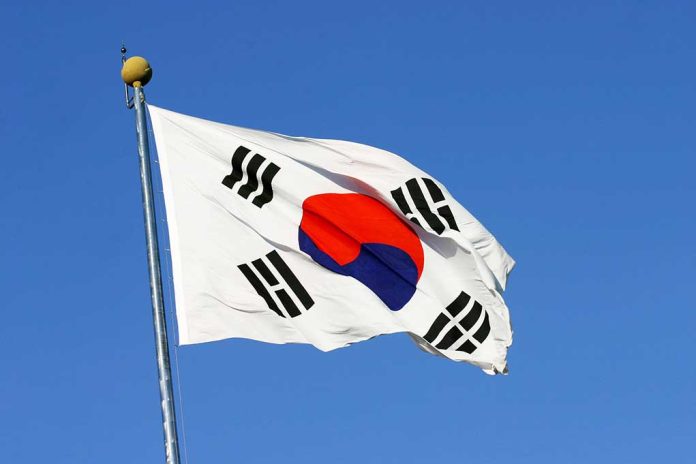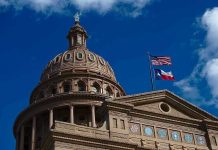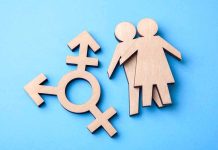
South Korea’s recent political turmoil unveils deep-rooted tensions as President Yoon Suk Yeol briefly declared martial law, triggering nationwide outcry and debate over the future of the country’s democracy.
At a Glance
- President Yoon faces investigation and possible rebellion charges.
- Martial law declared, banned political activity, lifted after six hours.
- Unsuccessful impeachment motion due to lack of quorum.
- Prime Minister Han Duck-soo coordinates state affairs.
- Yoon apologizes but remains in office.
Martial Law Sparks Nationwide Outcry
President Yoon Suk Yeol declared martial law, accusing the opposition-controlled parliament of aligning with North Korea and disabling government functions. The controversial shutdown, which restricted political activities and imposed media censorship, was lifted six hours later amid public dismay. Citizens responded with street protests, highlighting a societal consensus against reverting to martial despotism.
The order empowered the military, froze laws, and allowed detention without charges. Despite its short span, the declaration marked South Korea’s starkest shift towards military control since 1987. No military abuse of power was reported, though confrontations arose during protests. Yoon’s declining approval, coupled with opposition-controlled parliament and financial scandals, set the stage for this political gambit.
Even before his declaration of martial law, Yoon Suk Yeol had "led South Korea in really historic democratic backsliding." https://t.co/qGUlQuOId7
— Democracy Now! (@democracynow) December 7, 2024
Political Fallout and Efforts for Resolution
South Korean lawmakers attempted to impeach Yoon, but the motion failed due to parliamentary walkouts by Yoon’s party. With claims of Yoon’s effective suspension, Prime Minister Han Duck-soo assumed governance responsibilities. Investigations into Yoon’s potential treasonous activities are underway, fueling calls for heightened accountability and government continuity.
Prime Minister Han publicly apologized and pledged to sustain governance. The Democratic Party intends to reintroduce impeachment with support from allied parties. In response to international concerns, the White House expressed relief at the martial law’s revocation, emphasizing the importance of democracy in the U.S.-South Korea alliance.
South Korean President Yoon Suk Yeol has been urged to step down and threatened with impeachment after declaring “martial law” on Tuesday (12/3), sparking protests and political criticism. South Korean opposition parties called for the impeachment of President Yoon Suk Yeol if he… pic.twitter.com/goXaR0uLeT
— SEA Today News (@seatodaynews) December 4, 2024
Economic and Social Repercussions
During the brief crisis, South Korean stocks dropped significantly, and widespread protests were planned, showcasing citizens’ democratic resilience. The episode has placed a spotlight on South Korea’s historical sensitivities towards military involvement in civil governance, rooted in post-war trauma.
Amidst political struggles, South Korea’s creative sectors thrived under democracy, constructing narratives around authoritarian pasts. This reflects the widespread, persistent desire among citizens for a stable, democratic way of life, less tainted by political discord.
Sources:
- South Korea imposes travel ban on president over martial law declaration
- South Korea’s traumatic history of martial law inspires resistance













